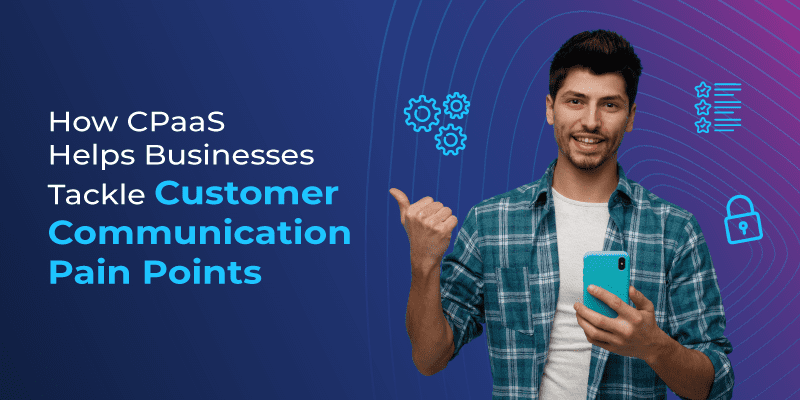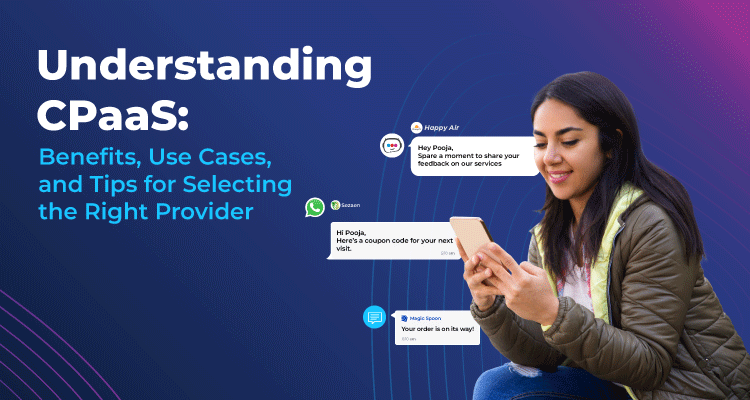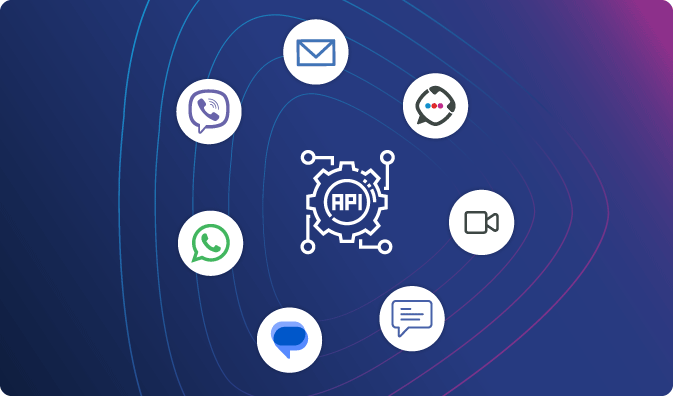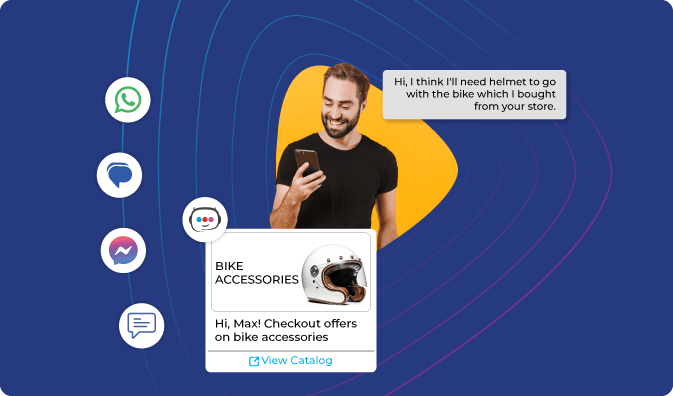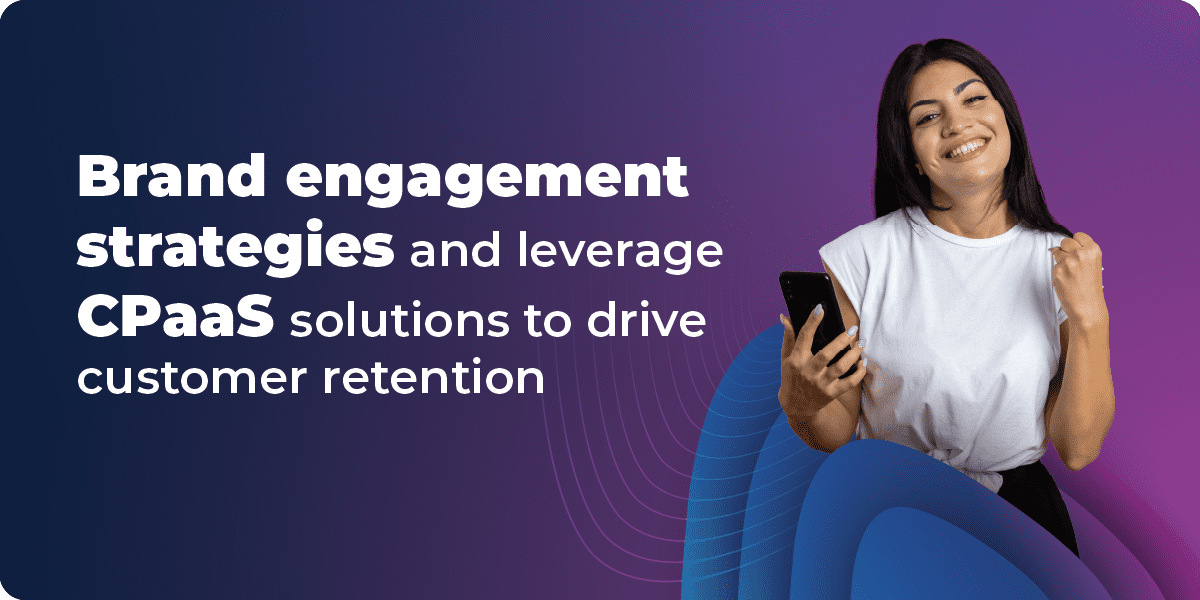In the rapidly evolving world of financial technology (fintech), ensuring robust security measures is paramount to safeguarding sensitive financial data and preventing fraud. Two-Factor Authentication (2FA) has emerged as a potent weapon against cyber threats, providing an additional layer of security beyond traditional passwords. With the rise of Communication Platform as a Service (CPaaS), fintech companies have found a powerful ally in implementing 2FA and bolstering fraud prevention efforts. In this article, we will explore the statistics and benefits of CPaaS in enabling Two-Factor Authentication and enhancing fraud prevention in the fintech industry.
Summary:
 The Growing Cybersecurity Threat Landscape
The Growing Cybersecurity Threat Landscape
As fintech continues to gain traction, so does the threat of cyberattacks. According to a report by Cybersecurity Ventures, cybercrime is predicted to cause damages of $10.5 trillion annually by 2025, up from $3 trillion in 2015. Fintech platforms, being repositories of valuable financial data, are particularly attractive targets for cybercriminals. Implementing robust security measures like 2FA is critical to thwarting unauthorized access and ensuring data protection.
 The Effectiveness of Two-Factor Authentication
The Effectiveness of Two-Factor Authentication
Two-Factor Authentication is a security process that requires users to provide two different authentication factors before gaining access to their accounts. These factors typically include something the user knows (such as a password) and something the user possesses (such as a mobile device). The combination of these factors significantly strengthens the security of user accounts.
Research by Google shows that enabling 2FA can block 100% of automated bot attacks, 99% of bulk phishing attacks, and 66% of targeted attacks. These compelling statistics emphasize the effectiveness of 2FA in mitigating various forms of cyber threats.
 The Rise of CPaaS in Fintech
The Rise of CPaaS in Fintech
Communication Platform as a Service (CPaaS) has emerged as a game-changer for fintech companies in their efforts to implement 2FA. CPaaS providers offer a suite of tools and APIs that enable businesses to integrate real-time communication capabilities, such as SMS, voice, and chat, into their applications and services seamlessly.
According to a report by MarketsandMarkets, the CPaaS market size is expected to reach $45.3 billion by 2027, indicating the growing popularity and adoption of CPaaS solutions across various industries, including fintech.
 Seamless Integration of 2FA with CPaaS
Seamless Integration of 2FA with CPaaS
The integration of 2FA with CPaaS is a straightforward and efficient process. Fintech companies can leverage CPaaS APIs to send One-Time Passwords (OTPs) via SMS or voice calls directly to users’ mobile devices during the login or transaction verification process. This process not only adds a robust layer of security but also enhances the user experience by providing a seamless authentication process.
 Real-Time Fraud Prevention
Real-Time Fraud Prevention
Fraud prevention is a critical aspect of fintech operations, and CPaaS plays a vital role in this endeavor. By enabling real-time communication, CPaaS allows fintech companies to instantly notify users about any suspicious account activities or transactions. By using CPaaS to send real-time alerts and verification requests, fintech companies can empower users to take immediate action if they detect any unauthorized access, thus preventing potential financial losses.
 Cost-Effective Security Solution
Cost-Effective Security Solution
Implementing advanced security measures can be a costly affair for fintech startups and established companies alike. CPaaS offers a cost-effective solution to this challenge. By leveraging CPaaS APIs, fintech companies can deploy 2FA without the need for significant infrastructure investments.
According to Twilio’s State of Customer Engagement Report, 9 out of 10 companies say that they have realized significant cost savings by using APIs. This highlights the cost-effectiveness of CPaaS in enhancing security measures while staying within budgetary constraints.
 Enhanced Customer Trust and Loyalty
Enhanced Customer Trust and Loyalty
Security breaches and fraud incidents can severely damage a fintech company’s reputation and erode customer trust. On the other hand, robust security measures, such as 2FA facilitated by CPaaS, can strengthen customer trust and loyalty.
As per Business Today, 85% of consumers would stop doing business with a company following a data breach. On the flip side, 78% of consumers are more likely to do business with companies that prioritize data protection. By prioritizing security and utilizing CPaaS to implement 2FA, fintech companies can build trust with their customers and differentiate themselves from competitors.
Conclusion
As fintech continues to revolutionize the financial services industry, the importance of security and fraud prevention cannot be overstated. Two-Factor Authentication has proven to be a powerful defense against cyber threats, and the integration of CPaaS has made its implementation seamless and efficient.
The statistics and benefits discussed in this article underscore the critical role of CPaaS in enabling Two-Factor Authentication and enhancing fraud prevention in the fintech sector. By leveraging CPaaS to implement 2FA, fintech companies can protect their users’ sensitive financial data, thwart unauthorized access, and build trust and loyalty among their customer base.
As the fintech industry continues to grow, embracing CPaaS and 2FA will remain essential pillars for securing financial transactions, safeguarding user accounts, and ensuring the continued success of fintech ventures in the digital age. For more information on CPaaS, email us at marketing@routemobile.com.

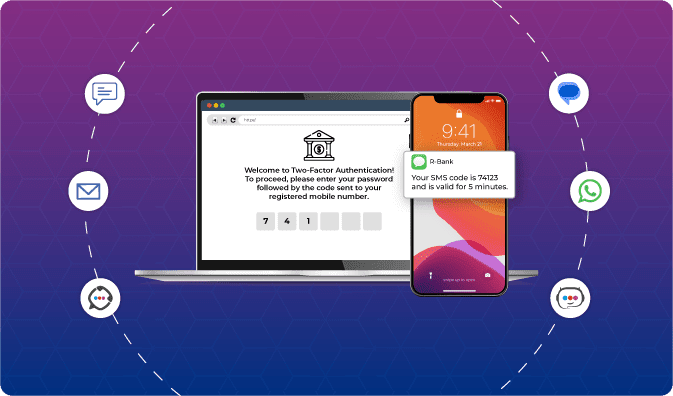
 The Growing Cybersecurity Threat Landscape
The Growing Cybersecurity Threat Landscape The Effectiveness of Two-Factor Authentication
The Effectiveness of Two-Factor Authentication The Rise of CPaaS in Fintech
The Rise of CPaaS in Fintech Seamless Integration of 2FA with CPaaS
Seamless Integration of 2FA with CPaaS Real-Time Fraud Prevention
Real-Time Fraud Prevention Cost-Effective Security Solution
Cost-Effective Security Solution Enhanced Customer Trust and Loyalty
Enhanced Customer Trust and Loyalty